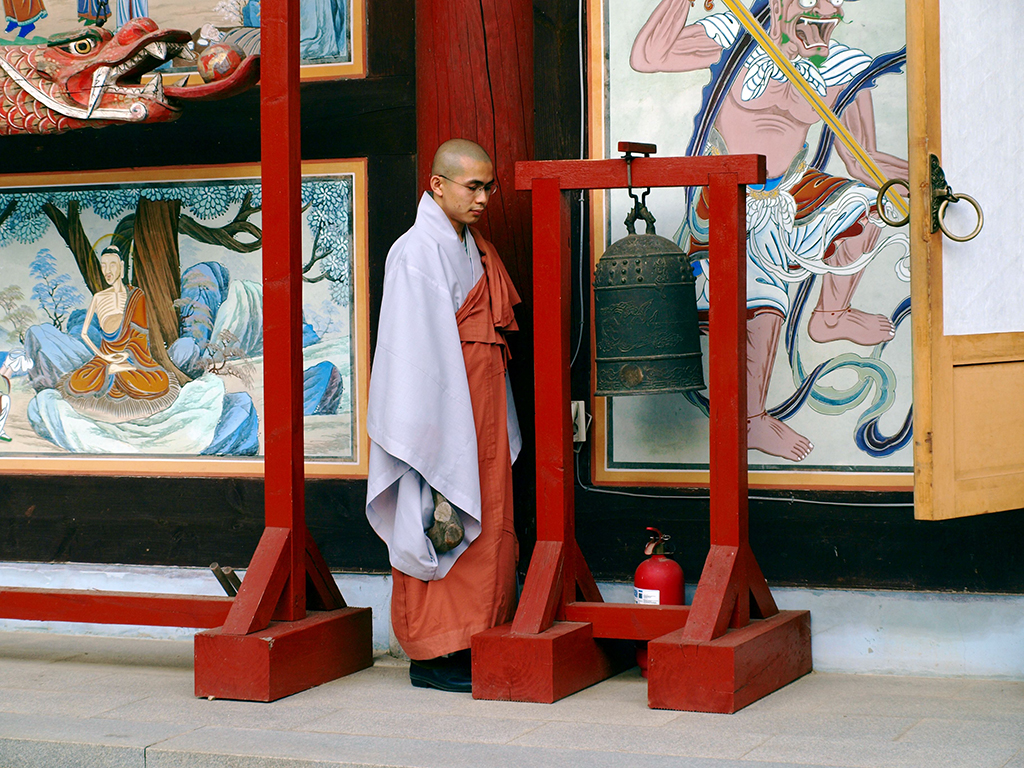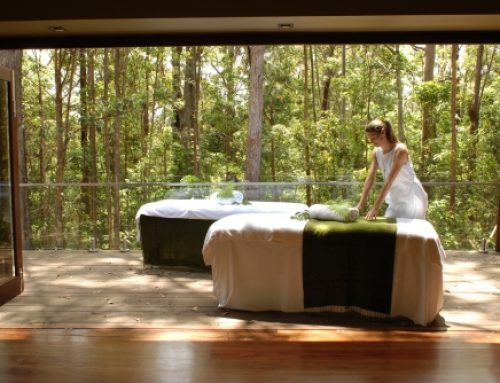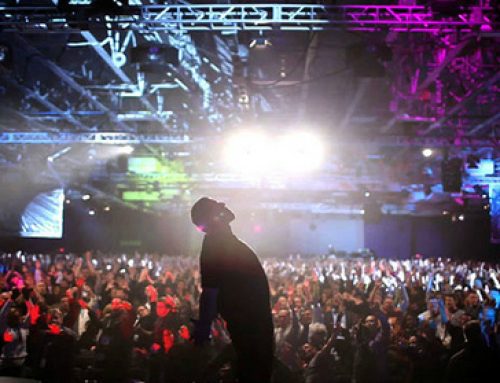3:45 am. I wake up to the loud banging of some wooden percussion instrument. I slip into my itchy grey training suit and make my way blindly up a set of stone steps. At the top, a monk is ceremoniously striking a brass drum, while a crowd of sleepy tourists silently file into the temple.
Here at the Lotus Lantern International Meditation Centre (www.lotuslantern.net), visitors can spend a night at a Buddhist temple, experiencing the life of a monk. Located a two-hour drive from Seoul, this twelve-year-old complex was designed for foreigners looking to study Buddhism.
Tourists sleep on a traditional Korean cot, wake up at the crack of dawn, eat simple food organically grown in the garden, wash their own dishes, meditate, and learn the philosophical principles of Zen Buddhism. Though an overnight stay is short, the goal is to inspire visitors into practice.
My introduction to monkhood begins in their golden temple, with some early-morning chanting. Breathing deeply, I take in my surroundings. The deep hum of meditative monks. The smell of incense. A gleaming gold statue of Buddha.
Reciting the “Bopsheen Jeeriohn,” the monks prepare for their prostrations. One hundred and eight, to be exact. Hands pressed together, I follow their lead, bending down to the kneeling position. I place my forehead to the floor and my palms on the ground. Part squat, part push-up, part penitence, the prostrations are strenuous and hard on the knees. After 20, I start to question whether I can do all 108.
According to a sign nearby, “The greater pain your body feels, the heavier negative karma you have.” By this logic, I’m riddled with bad karma. Blood pumping, knees cracking, I struggle with the prostrations. Meanwhile, the monks calmly perform their early-morning ritual with the ease of brushing their teeth. Clearly, I need some practice for this spiritual practice.
From the temple, our group of wannabe monks moves to the meditation room. Sitting cross-legged on a cushion, I sit up straight and try to clear my mind. “Meditation is a tool which helps us be present in the moment, rather than living in the past or the future,” says Alexander, a Russian monk who’s been studying here for the past five years.
Counting my breath in and out, I feel relaxed, my mind concentrated. But my Zen-like state doesn’t last long. A pesky mosquito buzzes around me like a kamikaze pilot, coming in for a crash landing. Since Buddhists don’t believe you should kill living creatures (bloodsucking mosquitoes included), I have no choice but to gently swat it away, and try to regain my meditative focus.
With a busy mind that’s constantly making mental to-do lists, I realize that meditation isn’t easy. It’s hard to imagine that monks like Alexander spend most of their days practicing this discipline.
The temple stay experience is a great way to dip a toe into the monk lifestyle. For those who want to embrace the philosophical principles of Buddhism (living in the present moment, renouncing desire for money and material objects), Lotus Lantern International Meditation Centre provides a sacred space and qualified teaching.
As for me, I make a terrible monk. This ADD iPhone addict likes to sleep in late, indulge in food and drink, and requires constant stimulation. Yet a visit here did inspire me to slow down, breathe and, at the very least, practice my prostrations.








